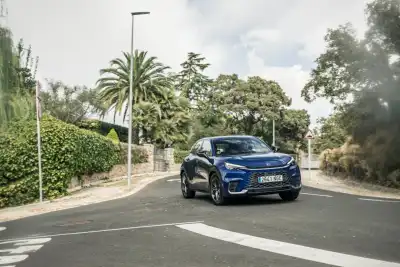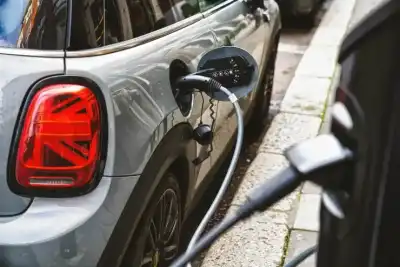
If you’re thinking about buying a hybrid instead of a fully electric car, it might end up costing you—a lot. New research shows that UK drivers could miss out on over £800 a year in savings on running costs if they go hybrid instead of fully electric.
Hybrid drivers save just £13 a year on average compared to petrol car owners. But switch to an EV? That jumps to £850 in savings every year. This insight comes from the Energy and Climate Intelligence Unit (ECIU), a group that researches clean energy and climate issues.
So what’s the deal? Earlier this month, Keir Starmer’s government updated the UK’s electric vehicle rules—pushed hard by car manufacturers—to let petrol and diesel cars (including hybrids) stay on sale until 2035. That’s a big shift from the original plan to go all-electric sooner.
Part of the change includes allowing “self-charging” hybrids like the Toyota Prius or Nissan’s e-Power cars, which use petrol engines to charge a small battery. But these cars can’t drive on battery alone, meaning they’re still polluting.
Car brands argue hybrids are better for the environment than regular petrol cars—and yes, they are slightly better—but here’s the real reason they’re pushing them: they’re more profitable than electric cars. With the economy shaky and global trade tensions high, they’re doubling down on what makes them money now instead of investing in cleaner tech.
Colin Walker from the ECIU said, "While pitched as a response to the economic chaos of Trump’s tariffs, these changes could actually make things worse, costing UK consumers. With less onus on manufacturers to compete to sell EVs in the UK, and the government encouraging them to sell more hybrids instead, potentially millions of families could be left to foot [the bill] for more expensive driving.
“Given how popular EVs are with their drivers, this looks like bad policy for families, driving up the nation’s driving bill.”
Now to be fair, hybrids aren’t all bad. They usually cost less upfront and are a better fit for people who can’t charge at home—especially if you live in a flat or urban area with limited charging points.
But here’s the big picture: EVs are cheaper to run. They save money on fuel, have lower maintenance costs, and are better for the planet. The government backing off its EV push means higher costs long term—and a risk of falling behind countries like China that are all-in on electric.
Plug-in hybrids (PHEVs), which can drive on electric power if charged, offer slightly better savings—about £117 a year over petrol. But if you go full electric? You’re looking at £1,050+ a year in running cost savings.
In short, this move could let traditional carmakers cling to combustion engines longer while slowing down the UK’s EV progress. And that could make switching to electric even more expensive in the future—for you, and for everyone.



